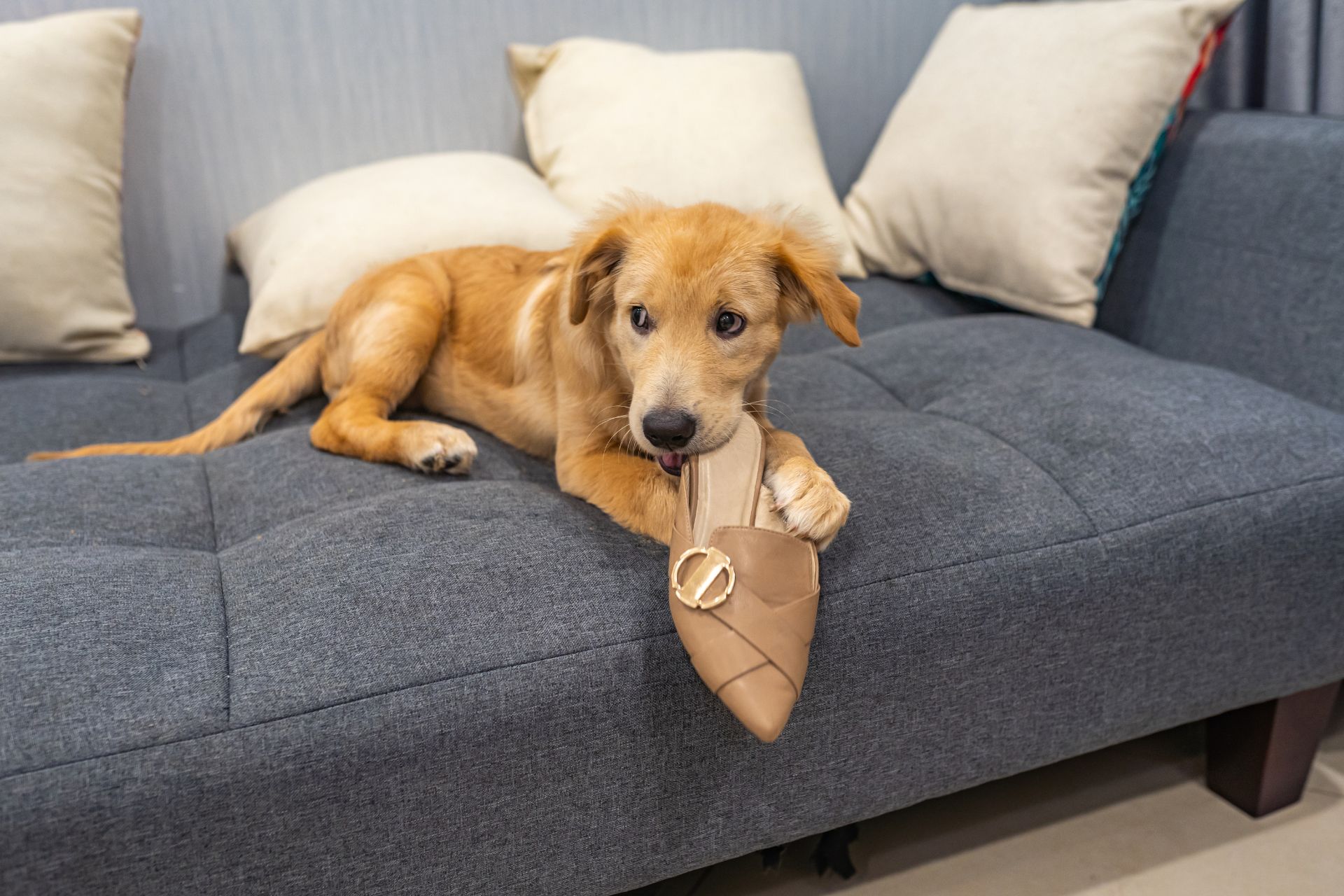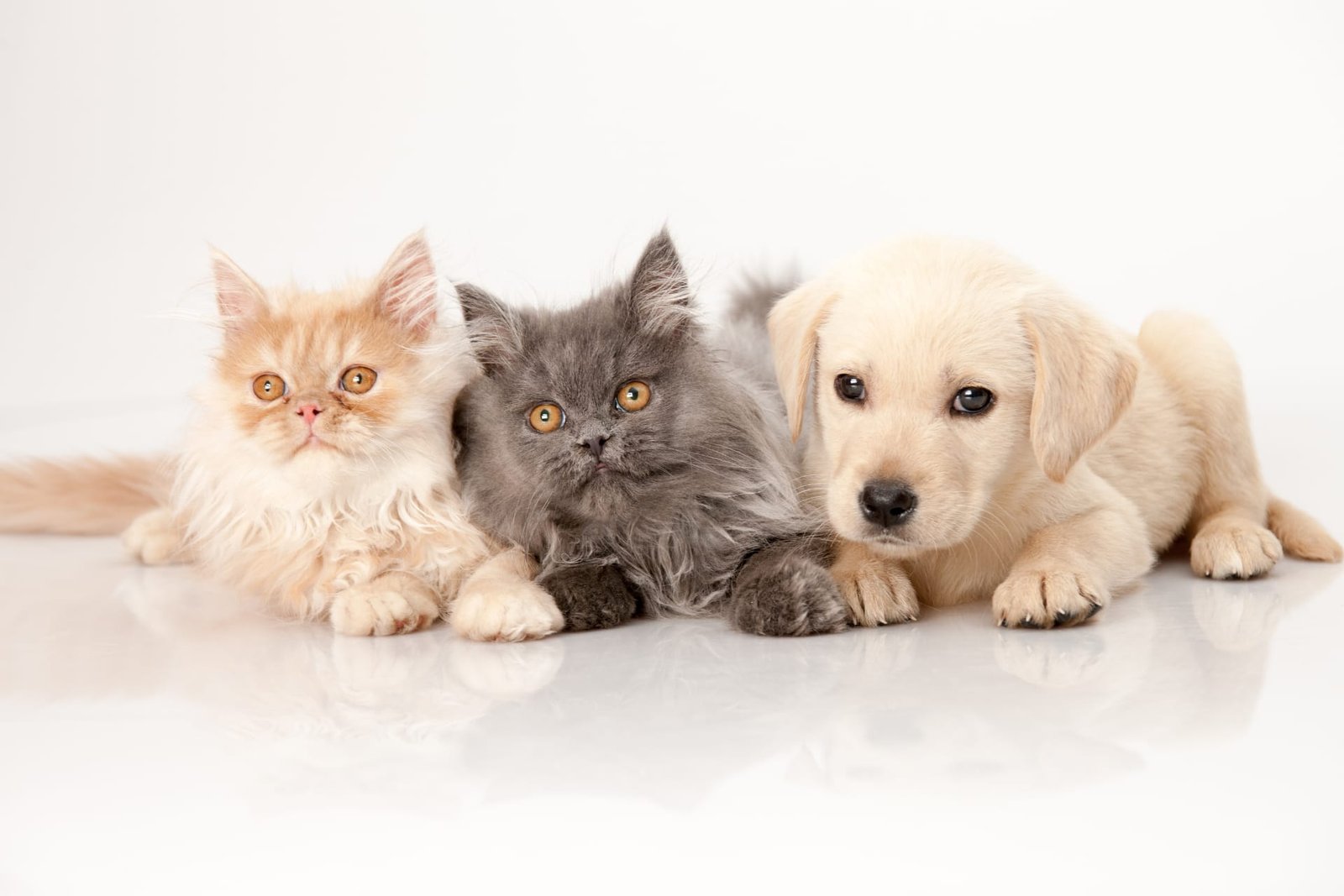Stop puppy biting requires patience, consistency, and understanding. By following the tips outlined in this article, you can effectively address your puppy’s biting behavior and foster a well-behaved and gentle companion. Remember to provide appropriate chew toys, use positive reinforcement, and seek professional help if needed. With time and consistent training, you can guide your puppy towards developing bite inhibition and appropriate behavior.
Contents
- Introduction
- Understanding Puppy Biting
- Reasons Behind Puppy Biting
- 8 Tips to Prevent Puppy Biting
- Dealing with Biting During Teething
- Conclusion
- FAQs
Introduction
Puppies are adorable and bring joy to our lives, but their biting behavior can be frustrating and even painful. It’s important to understand why puppies bite and how to address this behavior effectively. In this article, we will explore the reasons behind puppy biting and provide you with practical tips to stop this behavior.
Understanding Puppy Biting
Puppy biting is a natural behavior that stems from their exploration and teething process. Puppies use their mouths to learn about the world around them. However, it’s essential to teach them appropriate biting habits to prevent any issues in the future.
Reasons Behind Puppy Biting
There are several reasons why puppies engage in biting behavior:
- Teething: Puppies go through a teething phase, during which their gums may feel uncomfortable. They may bite to alleviate the discomfort.
- Playfulness: Puppies often bite during play as a way to interact and explore. It’s their natural instinct, similar to how human babies explore the world through touch.
- Lack of Socialization: Puppies that haven’t been properly socialized may resort to biting when they feel scared or anxious.
- Attention-Seeking: Some puppies learn that biting gets them attention, even if it’s negative. They may bite to initiate play or receive a reaction from their owners.
8 Tips to Prevent Puppy Biting
Now, let’s dive into some effective strategies to help you stop puppy biting:
- Start with Socialization
Socializing your puppy is crucial to prevent biting caused by fear or anxiety. Expose your puppy to different environments, people, and animals from a young age. This will help them become comfortable and less likely to resort to biting when faced with unfamiliar situations.
- Provide Appropriate Chew Toys
Puppies have a natural urge to chew. Offer them a variety of chew toys to redirect their biting behavior onto appropriate items. Ensure the toys are safe, durable, and specifically designed for puppies to avoid any choking hazards.
- Use Positive Reinforcement
Positive reinforcement is a powerful tool in shaping your puppy’s behavior. Whenever your puppy shows good behavior by not biting, reward them with praise, treats, or playtime. This will reinforce the idea that gentle behavior is desirable and encourage them to continue this positive trend.
- Teach Bite Inhibition
Teaching bite inhibition is crucial to help your puppy understand how to control the force of their bites. Whenever your puppy bites too hard during play, let out a yelp or a high-pitched sound to startle them. This mimics how their littermates would react and teaches them that biting too hard is not acceptable.
- Redirect Their Attention
When your puppy starts biting, redirect their attention to a more appropriate activity. Offer them a different toy or engage them in interactive play. This distracts them from biting and redirects their energy towards a positive outlet.
- Be Consistent with Training
Consistency is key when training a puppy. Establish clear rules and boundaries regarding biting from the beginning. Ensure that everyone in the household follows these rules consistently. This helps your puppy understand what behavior is expected and reduces confusion.
- Set Boundaries
Create designated areas where your puppy can play and explore freely. Use baby gates or playpens to restrict access to certain areas of your home. This helps prevent situations where your puppy may feel overwhelmed or anxious, leading to increased biting.
- Seek Professional Help if Necessary
If your puppy’s biting behavior persists or becomes aggressive, it’s essential to seek professional help. A qualified dog trainer or behaviorist can assess the situation and provide tailored guidance and training techniques to address the issue effectively.
Dealing with Biting During Teething
During the teething phase, puppies may experience heightened biting tendencies. To help alleviate their discomfort and protect your belongings, consider the following tips:
- Provide frozen teething toys or wet washcloths for your puppy to chew on. The coldness helps soothe their gums.
- Avoid giving your puppy items that resemble household objects, such as shoes or socks. This helps prevent them from associating those items with chewing.
- Keep valuable or dangerous items out of your puppy’s reach to avoid any accidents or destructive behavior.
Conclusion
Stopping puppy biting requires patience, consistency, and understanding. By following the tips outlined in this article, you can effectively address your puppy’s biting behavior and foster a well-behaved and gentle companion. Remember to provide appropriate chew toys, use positive reinforcement, and seek professional help if needed. With time and consistent training, you can guide your puppy towards developing bite inhibition and appropriate behavior.
FAQs
- Why is my puppy biting so much?
Puppies bite for various reasons, including teething, playfulness, attention-seeking, and lack of socialization. It’s a natural behavior, but with proper training, you can redirect their biting tendencies.
- How long does it take to stop puppy biting?
The duration to stop puppy biting varies from one puppy to another. It depends on consistency in training, socialization, and reinforcement of desired behavior. It may take several weeks to see significant improvements.
- Can puppy biting be a sign of aggression?
Puppy biting is usually not a sign of aggression but rather a natural behavior. However, if biting becomes aggressive, it’s important to seek professional help to address the issue and ensure the safety of everyone involved.
- Are there any alternative methods to prevent puppy biting?
Apart from the tips mentioned in this article, some alternative methods include using bitter-tasting sprays on objects you don’t want your puppy to chew and using distraction techniques, such as engaging them in training exercises or providing interactive puzzle toys.
- Is it normal for puppies to bite during play?
Yes, it’s normal for puppies to bite during play as it is a way for them to interact and explore their environment. However, it’s important to teach them appropriate biting inhibition and redirect their bites onto suitable toys or objects.











